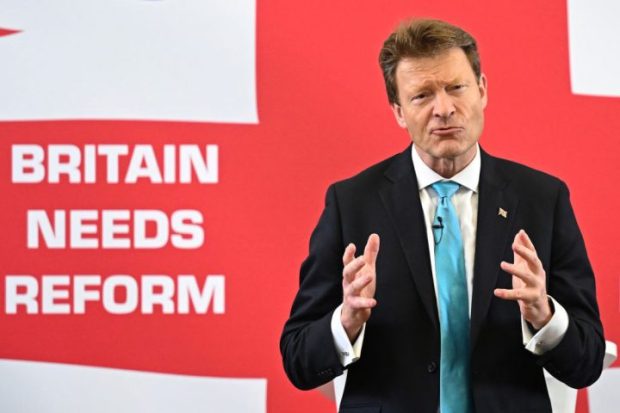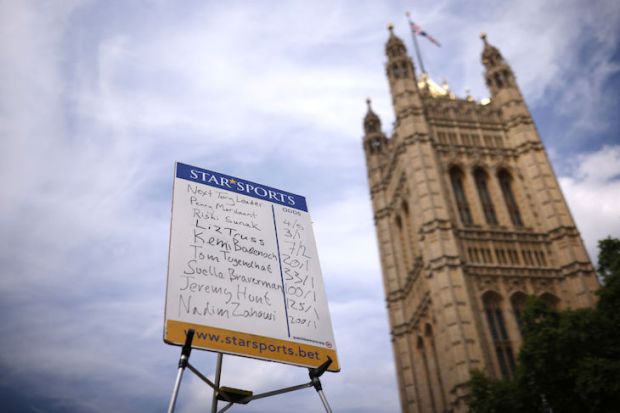Given that a fair proportion of the UK public seem to want Martin Lewis to be prime minister, the government might well hesitate to dismiss the Money Saving Expert’s latest grumble: that Ofgem’s cap on standing charges is to be jacked up from today – from 53 pence to 60 pence per day in the case of electricity and from 29 pence to 31 pence in the case of gas.
Already a subscriber? Log in
Subscribe for just $2 a week
Try a month of The Spectator Australia absolutely free and without commitment. Not only that but – if you choose to continue – you’ll pay just $2 a week for your first year.
- Unlimited access to spectator.com.au and app
- The weekly edition on the Spectator Australia app
- Spectator podcasts and newsletters
- Full access to spectator.co.uk
Or





















Comments
Don't miss out
Join the conversation with other Spectator Australia readers. Subscribe to leave a comment.
SUBSCRIBEAlready a subscriber? Log in